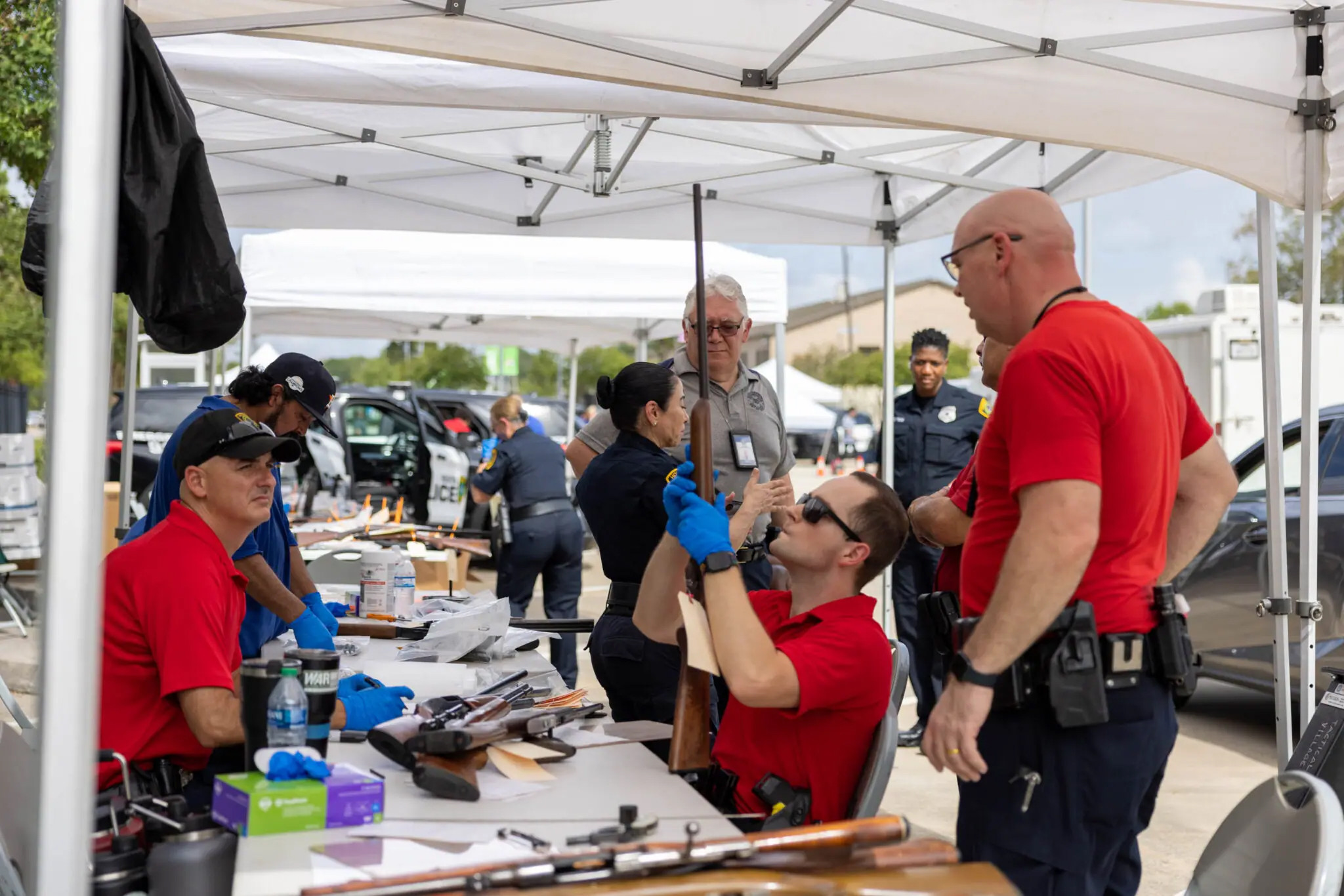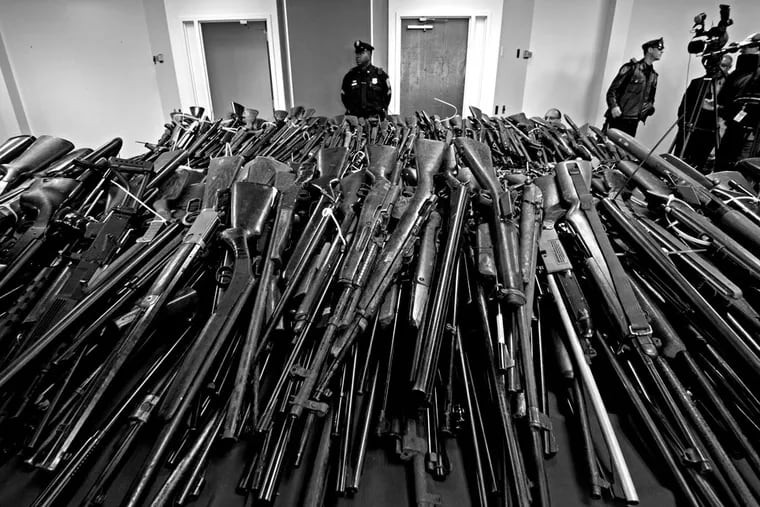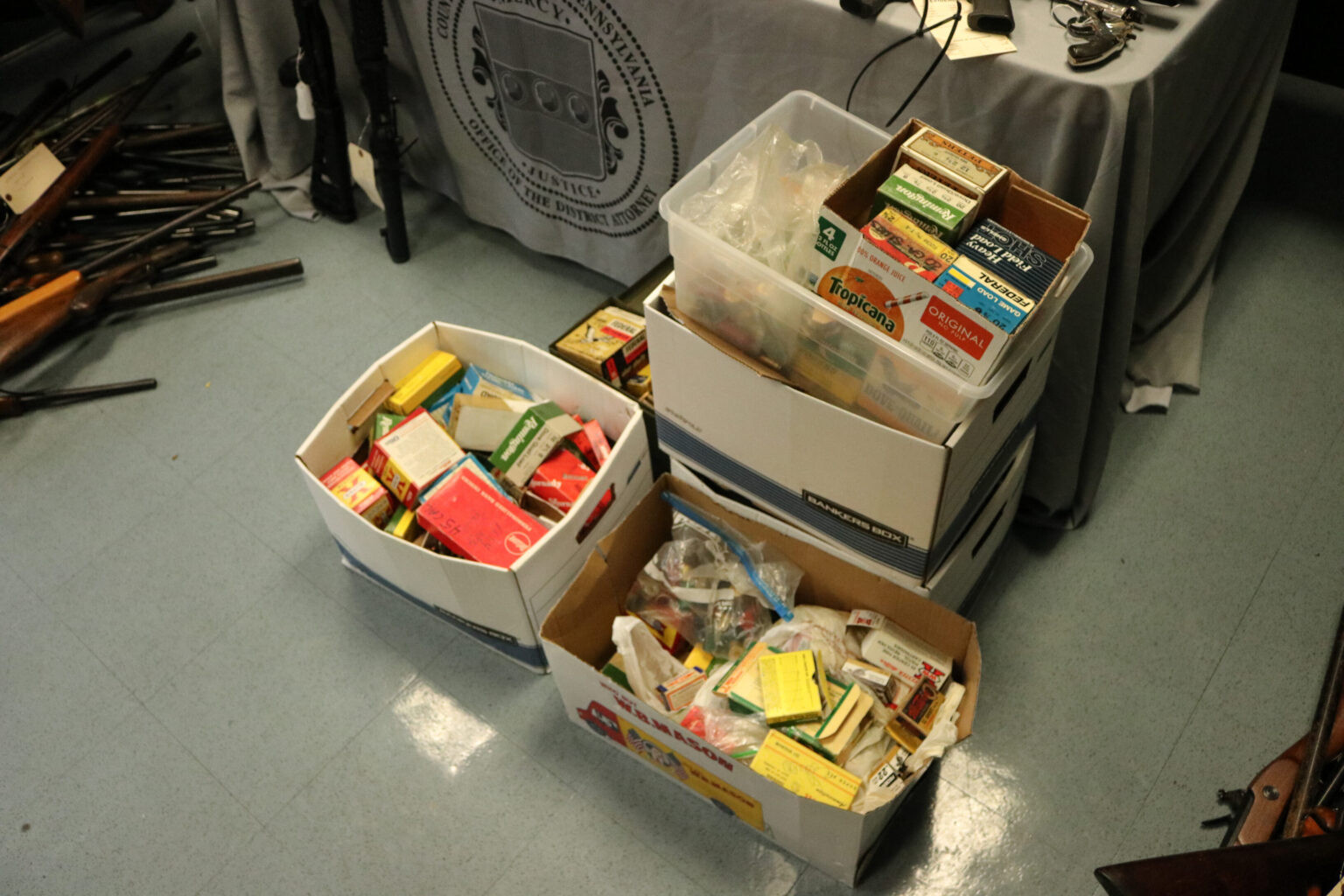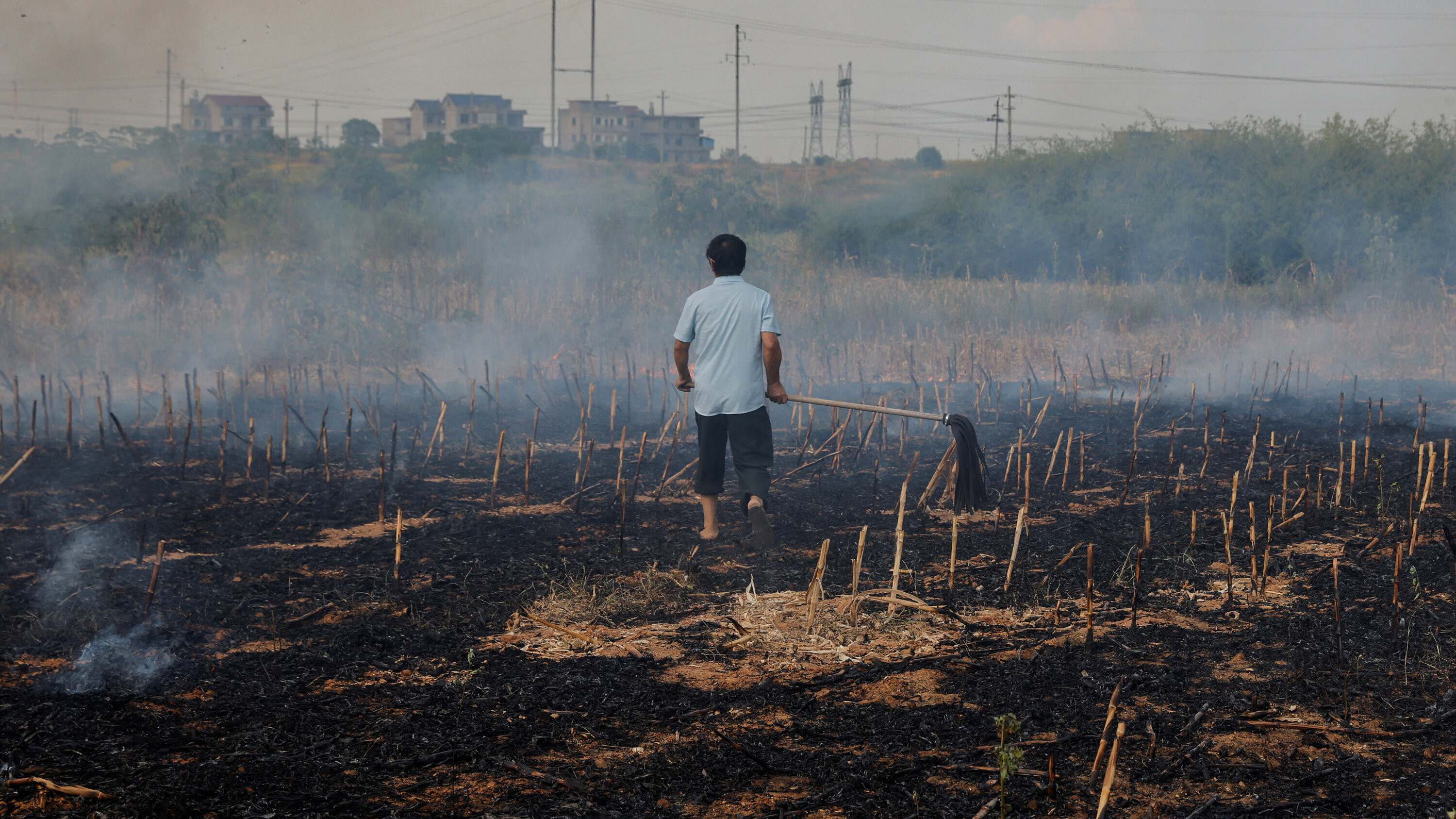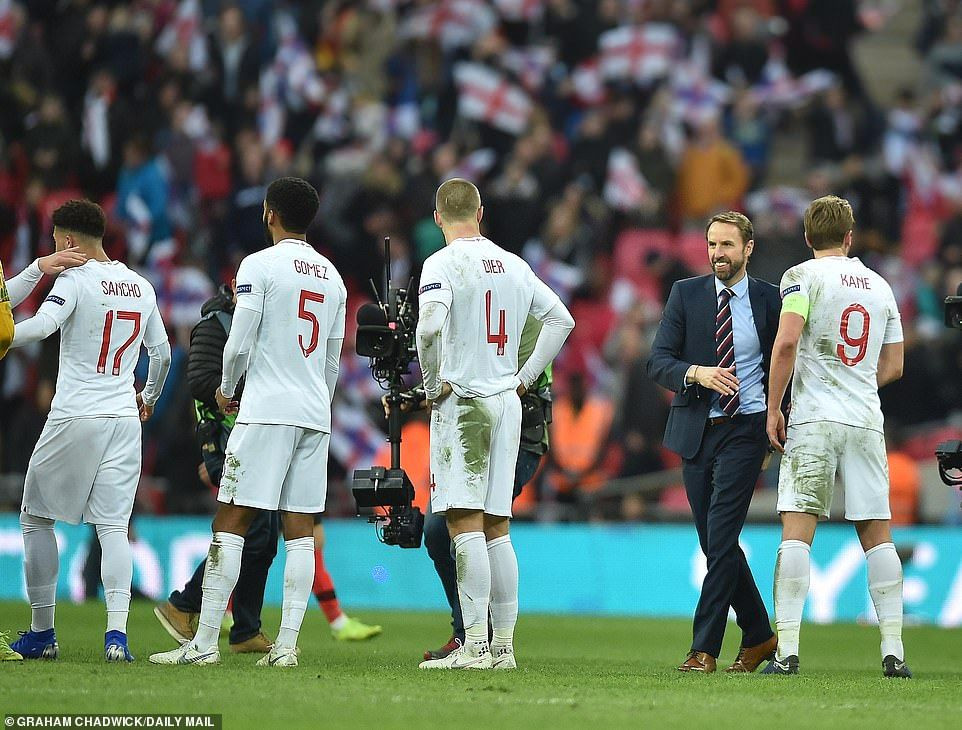The Trudeau government is facing mounting criticism over its plan to buy back and destroy hundreds of thousands of military-style firearms, with even a key ally, the gun-control group PolyRemembers, threatening to withdraw its support. The group argues that the program, which is set to launch in the coming months, is too narrow in scope and will only serve to replace banned firearms with similar models that remain legal.
PolyRemembers spokesperson Nathalie Provost, who survived the 1989 Polytechnique massacre in Montreal, argues that the buyback program is “a waste of Canadians' money” and “just for appearances.” She points out that the program fails to address the availability of other semi-automatic, military-style firearms such as the Crypto made by Crusader Arms and the Kodiak Defence WK180-C semi-automatic rifle.
Provost's criticism echoes that of the firearms industry, which has long opposed the buyback program. Wes Winkel, president of the Canadian Sporting Arms and Ammunition Association (CSAAA), argues that the program is “nonsensical” and compares it to an attempt to reduce speeding by banning Corvettes.
“Mustangs and Trans Ams and Ferraris are all still in circulation,” Winkel said. “Anybody that understands cars would say this makes no sense whatsoever.”
The firearms industry and PolyRemembers may be on opposite sides of the gun control debate, but they both agree that the buyback program is deeply flawed.
Tony Bernardo, president of the Canadian Shooting Sports Federation, echoes Winkel's criticism, arguing that the government has banned firearms based on “what they look like” and accuses groups like PolyRemembers of seeking to ban firearms because they are “black and ugly.”
“If you ban all the AR-15s, what did you actually accomplish?” he said. “Nothing was accomplished, it's a dumb idea. Realistically, the Liberals probably know it's a dumb idea too. But it sells votes.”
Despite the widespread criticism, the federal government has refused to change its plans for the buyback program, which is expected to cost hundreds of millions of dollars.
“We have no intention of modifying the list at this point,” said Jean-Sébastien Comeau, spokesperson for Public Safety Minister Dominic LeBlanc. “Our efforts are focused on successfully launching the program. That is the most concrete way to reinforce public safety in Canada and respect the objectives that we have set.”
The government's insistence on moving forward with the program despite the concerns raised by both gun control advocates and the firearms industry raises questions about its commitment to reducing gun violence in Canada.
The Political Landscape
The buyback program is a key part of the Trudeau government's public security agenda, but its prospects are now uncertain. The Liberal minority government has lost the formal support of the NDP, and the program has already faced opposition from the provinces of Saskatchewan and Alberta.
The Cost of Inaction
Many experts believe that the buyback program is doomed to fail, and that the government's refusal to address the concerns raised by critics will only serve to further erode public trust in its ability to address gun violence.
The failure of the buyback program could have serious consequences for public safety in Canada. The cost of inaction is high, and the government needs to take a more comprehensive and realistic approach to gun control if it is serious about reducing gun violence.
The Legacy of Polytechnique
The buyback program is particularly sensitive given its connection to the 1989 Polytechnique massacre, which claimed the lives of 14 women. The families of the victims have been outspoken critics of the program, and PolyRemembers’ decision to threaten to withdraw its support could further strain relations between the government and the victims’ families.
Nathalie Provost’s warning that the government’s participation in events marking the 35th anniversary of the massacre is once again in doubt underlines the deep mistrust that exists between the government and the victims’ families. The government’s failure to adequately address the concerns raised by PolyRemembers could further damage its relationship with those who have been most affected by gun violence in Canada.
A Call for Action
The buyback program is a missed opportunity to address gun violence in Canada. The government needs to take a more comprehensive approach that addresses the root causes of gun violence and that takes into account the concerns of all stakeholders.
The future of the buyback program is uncertain, but one thing is clear: the government needs to take action now to address gun violence in Canada. The stakes are too high to wait any longer.




